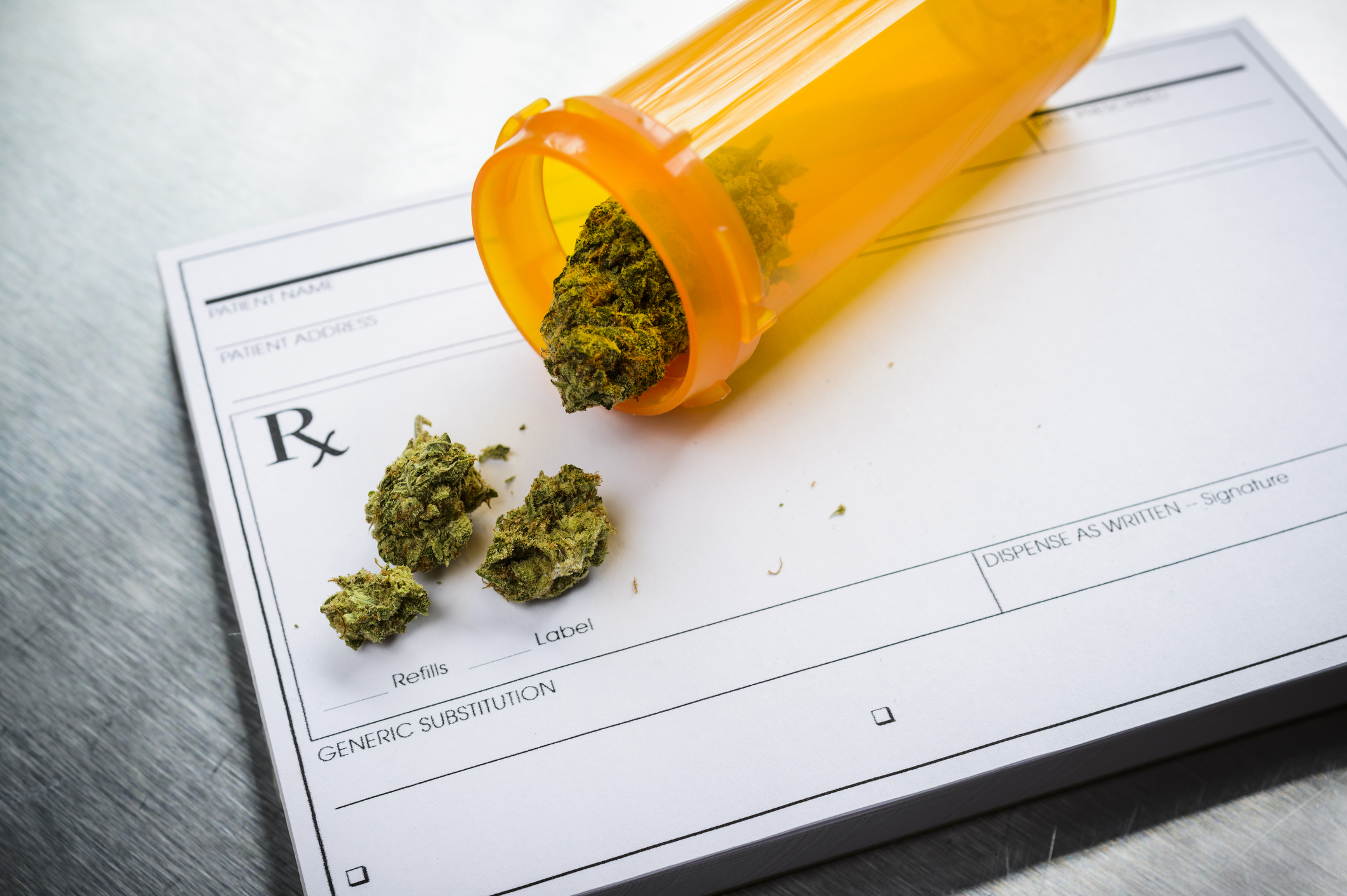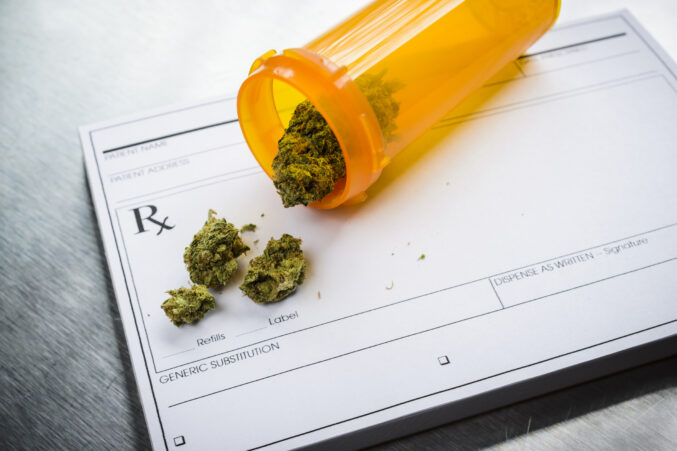Last week, the Texas House of Representatives resoundingly passed House Bill 1805, which expands the state’s “compassionate use program” for medicinal cannabis. That means individuals who suffer from chronic pain would now be eligible to be prescribed marijuana if the bill is passed by the Senate and signed by the governor.
The Texas Department of Public Safety regulates how the drug is transported throughout the state. Despite the bipartisan support—the bill passed the House 127-19— distributors face storage burdens that can prevent patients from getting their medication for weeks.
Rep. Stephanie Klick, R-Fort Worth, has been responsible for nearly all medicinal marijuana legislation in Texas. She authored the bill that established the compassionate use program in 2015, which allowed cannabis to be prescribed for a narrow set of neurological disorders and has been gradually expanded over the years. In 2021, cancer and post-traumatic stress disorder were added to the list of eligible conditions.
HB 1805 expands the program to include patients suffering from chronic pain. It will also allow the Texas Department of State Health Services to add conditions to the eligible list instead of having to win legislative approval. The bill will also change the way the active ingredient in marijuana, tetrahydrocannabinol (THC), is measured when prescribed. It was previously measured by concentration, but the new law sets a single dose at 10 mg. Proponents say this will make prescribing simpler. Prescriptions often come in the form of oil tinctures or gummies.
According to DPS, more than 50,000 patients and 700 physicians are registered in the compassionate use program. At the beginning of 2021, fewer than 5,000 patients were registered in the program, and only 263 physicians were registered to prescribe medicinal cannabis. If the bill passes the Texas Senate, those numbers are likely to grow exponentially. A UT Dallas study found that one in three people suffer from chronic pain, which equals about 10 million in Texas.
But DPS rules make it difficult for the distributors of medicinal marijuana to reach patients. Rules designed to protect the medications have unintended consequences. The regulations say that license holders must serve the entire state but are only allowed to store the medicine in the manufacturing plant.
Texas Original is the only Texas-based license holder in the state, and its Austin dispensary is the only location where the company’s cannabis product is allowed to be stored. This means that employees are driving—the medicine can’t be mailed, either—all over the state on delivery routes and to temporary drop-off points each day. This means long trips to El Paso, Amarillo, the Rio Grande Valley, or Texarkana.
If a patient cannot pick up their medication from a Texas Original delivery, it could be weeks before another delivery route can reach them, especially in rural areas. Most Texas Original patients are located between San Antonio, Dallas, and Houston, and service to other cities throughout the state are less frequent.
“Those delivery routes fill up quickly, and then you have to get pushed out to the next one, which can be three or four weeks out,” says Nico Richardson, interim CEO at Texas Original. “So you end up having long wait times, pushing patients out of our system and into the unregulated market. We’ve made it far too cumbersome from a distribution standpoint.”
Patients who miss their medication may turn to illegal marijuana, unregulated hemp, Delta 8, or far more addictive opioids. A National Institutes of Health study found a 64 to 75 percent reduction in opioid usage when combined with medical cannabis. Other studies have shown significant decreases in opioid overdose deaths with increases in medicinal and recreational cannabis.
While patients can go to plenty of pharmacies to pick up more potent and addictive opioids, medical cannabis has to be kept in one location per license. So all medicinal cannabis must make it to patients or the drug must return to Texas Original’s headquarters each day. Even if more licenses are awarded, businesses would concentrate where most patients live, leaving rural and outlying locations in a lurch for delivery.
Texas Original dispenses about 6,000 orders each month, with deliveries consisting of about 10 to 15 patients per day. Given the size of the state, the resources needed to get medicine to patients are massive. It hampers business growth and has ramifications for patients.
The distribution rules are made by DPS and aren’t impacted by the legislation. Richardson says Texas Original and others are in touch with DPS and that changes to regulations usually occur after the legislative session.
Texas Original is bullish on the future of the industry in the state. The company is moving from its 7,500-square-foot headquarters in South Austin to a 75,000-square-foot facility in Bastrop, east of Austin. The new space will still dispense and manufacture medical cannabis but will also feature a 45,000-square-foot greenhouse to increase growing capabilities. If the rules remain as they are—one distribution center per license—the opening of the Bastrop facility will mean the closure of the South Austin location.
HB 1805 has yet to pass the Texas Senate. Still, given the overwhelming support in the House and the history of Klick’s bills reaching the governor’s desk, Richardson feels good about the bill’s passage. He also acknowledges other changes that would make distribution easier for the expected increase in demand.
“I feel hopeful. There are a lot of good things in this bill,” Richardson says. “It’s widely supported by patients and Texans in general. It’s a strong piece of legislation that helps a lot of people.”
Get the D CEO Healthcare Newsletter
Author





